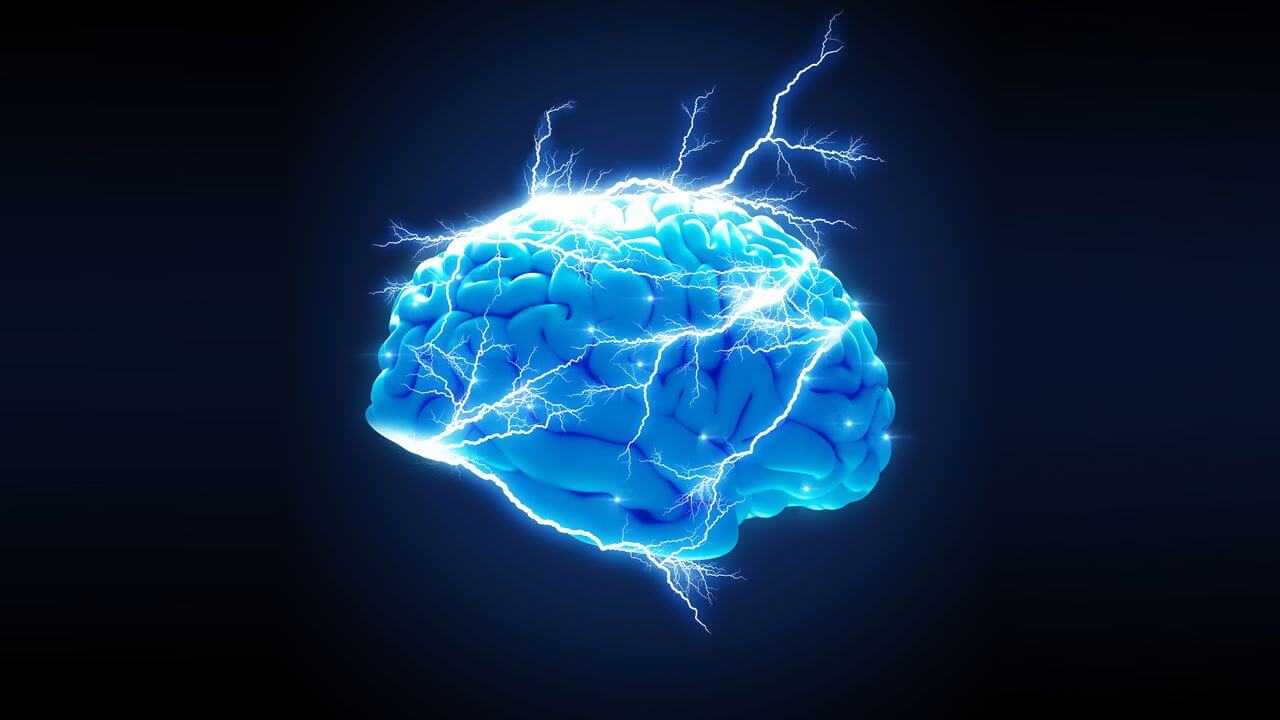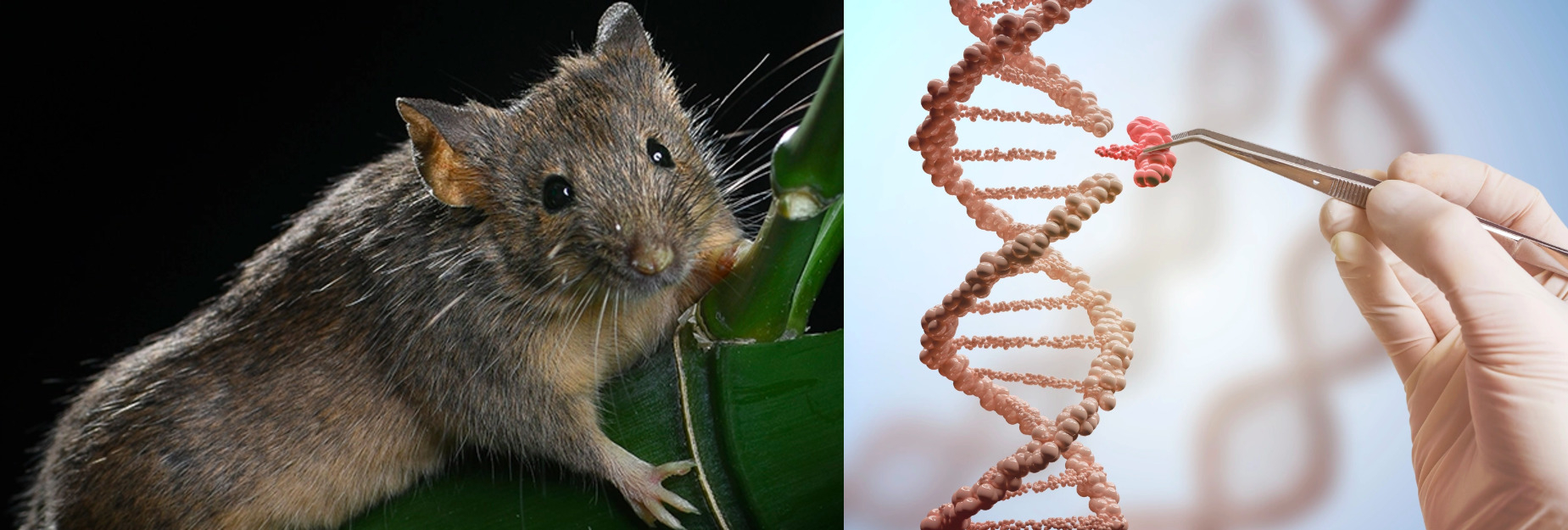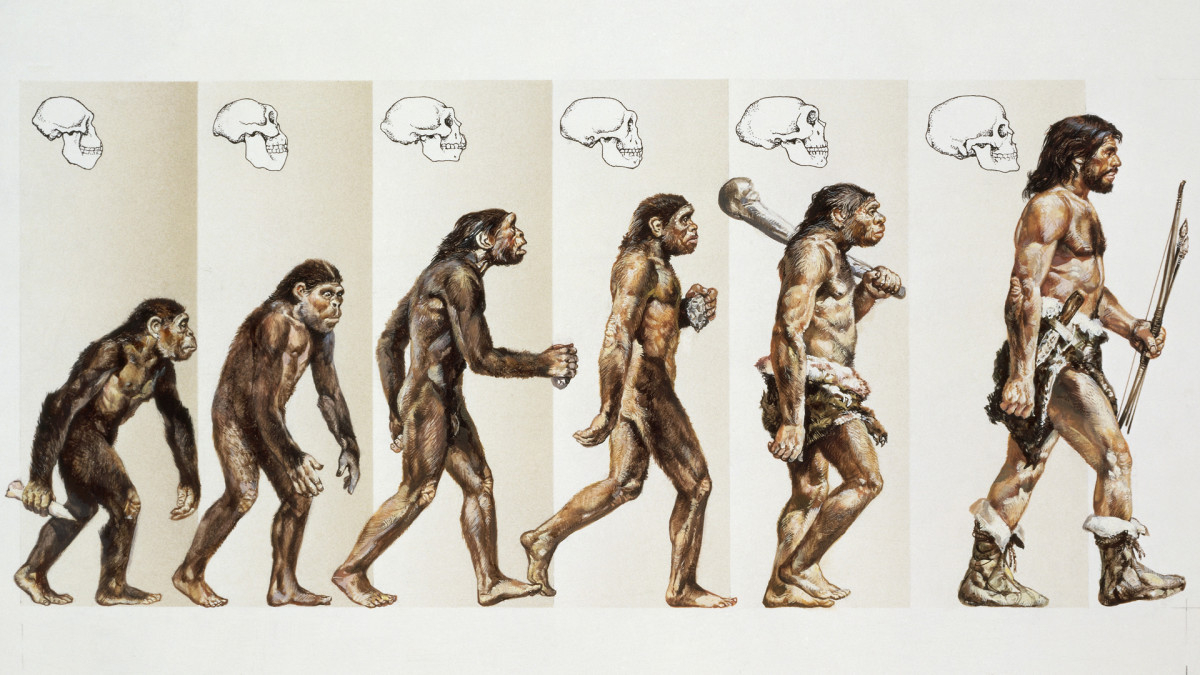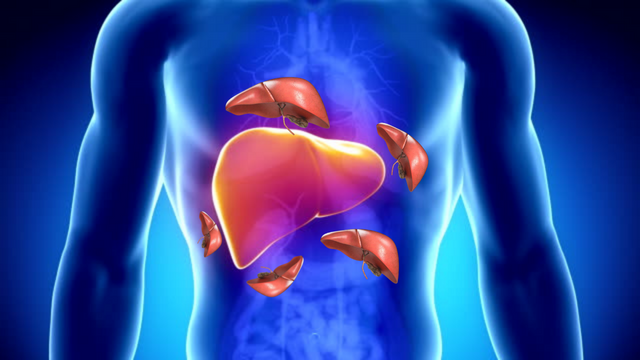Do they make one of these for Netflix?

Image: Technology Networks
Addiction can be a cruel beast. But thanks to a first-of-its-kind deep brain stimulation (DBS) study published in Nature Medicine on Monday, we have more information about the brain’s response to addiction – and the beginnings of a method to potentially stop it.
⚡️🧠 More deets… The study’s researchers implanted a brain stimulation device in two severely obese patients with loss-of-control binge eating disorder. Over the next six months, the patients were observed with the goal of honing in on a distinctive signal that could be associated with binge-eating behaviors.
- In particular, the scientists were monitoring activity in a brain region called the nucleus accumbens. It’s involved in processing pleasure and reward, and has been implicated in addiction.
- Whenever the device sensed signals that were found to predict food cravings in prior studies, it automatically stimulated that region of the brain, disrupting the cravings (and thus, the patients’ behavior).
Over the course of these six months, the two patients reported far fewer binge episodes. Each also lost more than 11 pounds – and one even improved so much that she no longer met the criteria for binge-eating disorder.
📸 Big picture: The idea of deep brain stimulation in humans isn’t entirely new, but this is the first evidence of it being able to treat addictive-type symptoms. A 2017 study published in PNAS suggests that DBS could also help boost memory, and other research is exploring its use for substance abuse and other reward-seeking behaviors.
Share this!
Recent Science & Emerging Tech stories

Science & Emerging Tech
| September 1, 2022Of mice and men
🧑🔬🧬 A team of Chinese scientists successfully created the world’s first mammal with fully reprogrammed genes, a mouse called Xiao Zhu or "Little Bamboo," per a new peer-reviewed study published in Science.

Science & Emerging Tech
| August 30, 2022Humans, a history
🧍 Ancient human ancestors were walking upright as early as 7 million years ago, per new peer-reviewed research published last week in Nature, which implies that bipedalism was one of the first traits separating early humans from chimpanzees.

Science & Emerging Tech
| August 30, 2022How many livers can one human have?
🏥 Cell therapy startup LyGenesis has developed a novel treatment that can grow entirely new organs inside the human body. They plan to start with the liver, with trials that will see a dozen human volunteers grow up to six livers apiece in the coming months
You've made it this far...
Let's make our relationship official, no 💍 or elaborate proposal required. Learn and stay entertained, for free.👇
All of our news is 100% free and you can unsubscribe anytime; the quiz takes ~10 seconds to complete